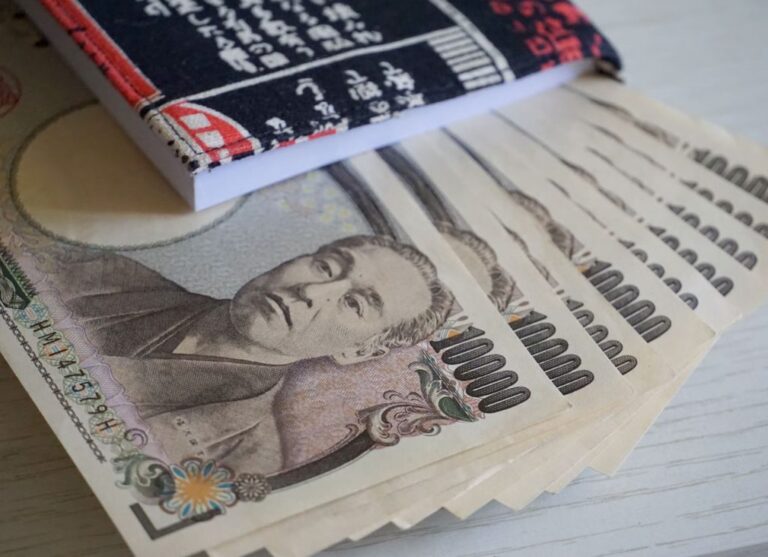
Morning Brief – Poor Teddy
The closer we get to a deal on trade between the US and China, the more expensive the world seems to get from the perspective of the UK. The trade war between the two behemoths of global trade has introduced a broad-based systemic risk that permeates throughout the entire world economy, creating ripples of risk that can be felt across every corner of the compass. The reason a bilateral trade dispute affects everyone is that today we live in a highly globalised and interconnected world; trade risks are no longer isolated by geography meaning that a fall out between China and the United States impacts us all.
Unfortunately, with a distinct and severe risk profile of its own as a result of Brexit, the United Kingdom doesn’t feel the warmth of changing global trade sentiment quite so much when Xi and Trump start to play nice. Overnight we learnt that the White House, the President’s office, is exploring opportunities for a currency pact with China. Currency has been a source of conflict between the two nations and formed a sizeable part of the deal brokered earlier this year. In August, the Trump administration even went so far as to declare China a currency manipulator. Therefore, an accord on currency cooperation and transparency coupled with a commitment to free and fair markets is a big step towards overcoming the trade spat that the two nations have embroiled themselves in.
China’s willingness for a partial trade deal has been known for some time. However, as recently as yesterday the Chinese delegation confirmed the permissibility of a partial deal ahead of further talks. This could have gone one of two ways and created a sense of uncertainty in foreign exchange markets. Delve into negotiating theory briefly: two children argue over a toy and who it belongs to. An adult suggests cutting the toy into two and sharing half each. Attempting to inflict pain on the true owner, the toy snatcher supports the suggestion. The rightful owner prefers to relinquish all claim to the teddy and protests the murder of the toy to protect it.
China offering to share the prize of trade harmony instead of restoring it to its proper form could have been capitalised upon by the United States. Perceiving the gesture as a sign of weakness and desperation for a deal, Trump could have put the pressure on and maintained his 2019 tune that nothing’s done until it’s all done. Instead, the US has shown that it’s willing to meet China in the middle. So, if the two nations agree to split the toy then progress and resolution is still made.
Emerging market currencies have had a bad time in the last three-to-six months. Weakness across these currencies has been driven by pessimism about global trade. Due to their inherent exposure towards earlier stages of production, a slow down in the global economy trickles down to a lack of export demand in the emerging market economy, thereby stemming demand for its currency. As the new Managing Director of the International Monetary Fund, Kristalina Georgieva, has warned us once again this week, forecasts for global growth will be revised down. However, with trade hope too comes optimism for a recovery in emerging market currencies. In particular, a turning tide in the South African Rand, Australian and New Zealand Dollars, Swedish Krone, Chinese Yuan and even the Euro is perceptible. Continued progress in trade talks that today resume in the United States will see these currencies benefit to the detriment of safer havens including the US Dollar, the Japanese Yuan and the Swiss Franc if progress on a partial deal is made.
Discussion and Analysis by Charles Porter

Click Here to Subscribe to the SGM-FX Newsletter
Related Insights

Morning Brief – Japanese Yen
Japanese Yen With JPY at a new 34 year low versus EUR, the market is set for an ambush by the Bank of Japan if it acts today at the end of their Policy Meeting to support the Yen. The reason that the market is susceptible is because it has convinced itself that the BoJ […]

Morning Brief – Coalition
Coalition This briefing is about South Africa and the Rand, which frequently proves to be one of the more divisive subjects within our roster of currencies. In particular, with the election looming, this will be about South African governance. Not from a political or human perspective about what may be the best long term outcome […]

Morning Brief – US Tariffs on Chinese Imports
US Tariffs on Chinese Imports Recently we wrote about how Mexico has become the Number One trade partner for the USA. It now transpires that Mexico may have had what is known as a little assist with their numbers: the statistics for the number of 20 foot shipping containers for the first three Quarters of […]



 Humphrey Percy
Humphrey Percy Charles Porter
Charles Porter